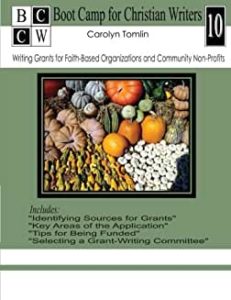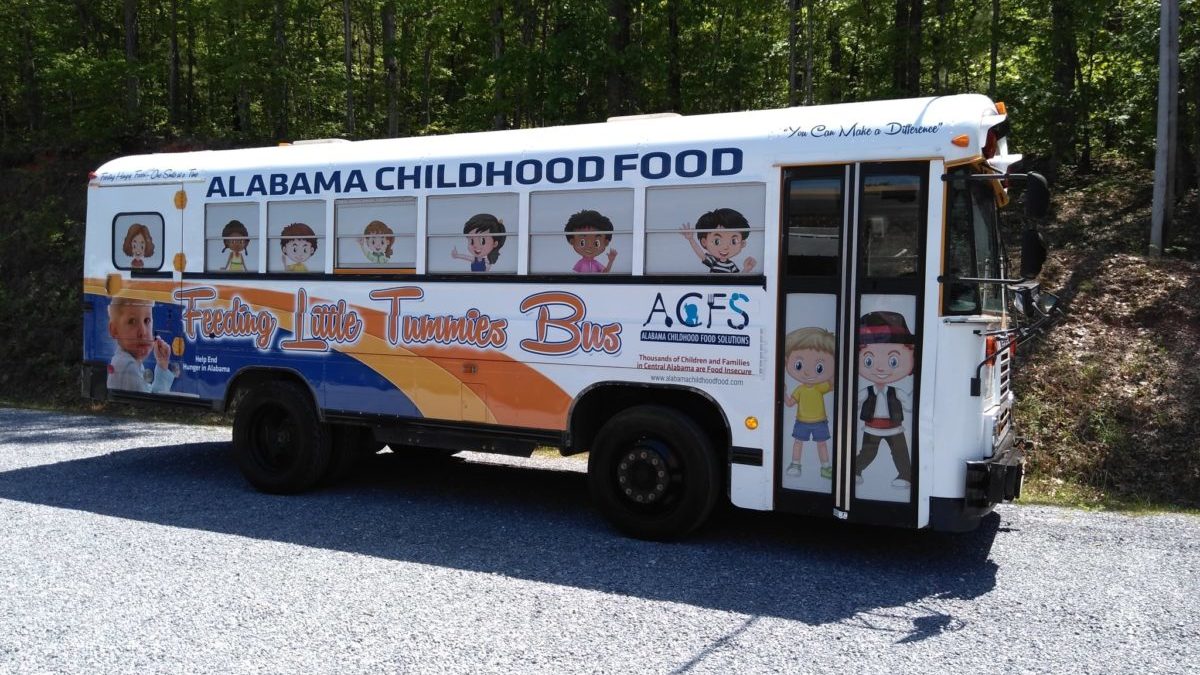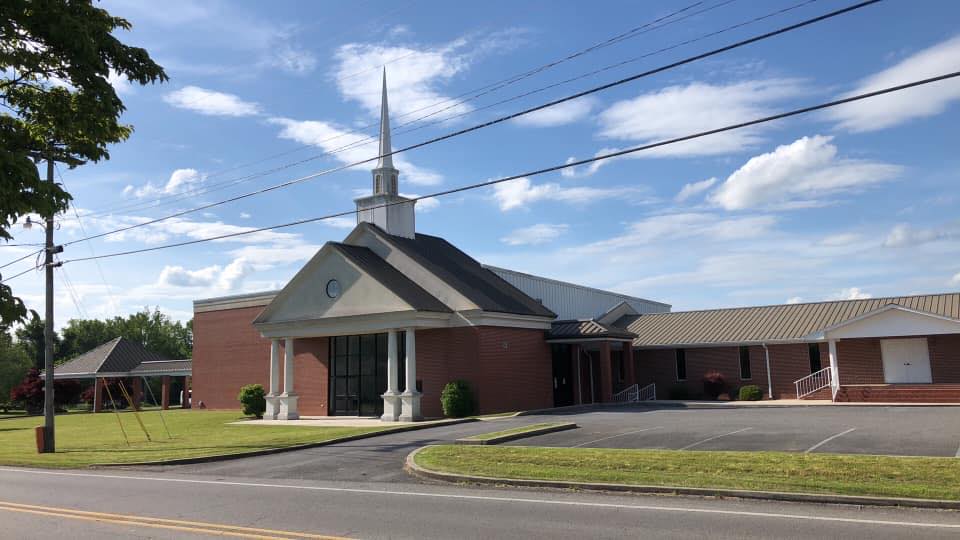A faith-based, nonprofit organization needed a warehouse to store food donations they distribute to low-income families. They wrote several foundation and corporate grants to construct a building, but all requests were denied.
Another faith-based nonprofit needed a building, but they went about the grant process in a different way. Instead of asking for funds for a building, they wrote a step-by-step proposal that would support not only food for needy families, but also mental health counseling, transportation to medical appointments and day care for working mothers. A line-item budget showed the cost of each. The program would be administered and organized from a building on their property. They received a grant.
Writing a grant is one of the best and simplest fundraisers for a church or faith-based nonprofit since grants are not paid back; bank loans have to be repaid. Some watchdog groups estimate millions of dollars in grants go unclaimed each year because no one requests them, so churches and nonprofits whose ministries fit grant criteria could benefit from a grant-writing ministry.
Foundations and corporations are the best grants for a church or faith-based organization since government grants are more complicated and detailed. It is important to always use the funds for what was intended in the grant.
When applying for a grant, show where the “gap” is and how a funder can fill it. Most granters will not support constructing a building (known as a “brick and mortar” grant) but will support programs that will take place in that building.
Common questions about grants
- Why is searching for foundation and corporate grants important?
Grants do not have to be paid back — loans do. Is there a gap or space in your organization where money can make a difference in what you are now doing and what you would like to do?
- How has the grant application process changed over the last couple of decades?
Today’s application process is much simpler. In the past, a large government grant could take a ream of paper, with copies needed for each member of the team who would read it. Those copies had to be mailed through the postal service as well.
Today’s grant applications are usually done online and emailed. Some require only two or three pages.
Make sure to honor the deadline — one day late and you have to wait until the next quarter or annual reading.
- Why do problems get attention?
It’s sad but true — problems do draw attention. If you’re affected by a natural disaster, contact a funder early. Keep newspaper and media references and attach them to the grant.
- Where can I find funds?
Contact the plant manager or CEO of a local company. Funders want to support projects where employees live and work. If a local business is part of a franchise or national chain, they usually have grants, but you have to research and contact the corporate office. Utilities, banks, insurance companies, grocery stores, motels and restaurants are usually in this category.
- How can I involve others in my church or organization?
Do you have church members who serve on boards of a possible granter? What about retired people in the congregation or organization? They may still have contacts.
Organize a grant-writing committee from those who have a strong desire to support the church or organization. Technology skills are vital, as much time is spent researching granters and what they fund.
6. What are some ways a church can show appreciation to a granter?

Make a presentation to the CEO or plant manager during a service or banquet. Have children send birthday cards for the management’s birthday. Invite management to participate in church services.
Using grants to serve God and others
Jim and Linda Jones, co-founders of Alabama Childhood Food Solutions, started a faith-based nonprofit in central Alabama some 10 years ago. He realized grants would be the fastest way to help feed Alabama’s hungry children.
“I knew nothing about writing grants,” Jim said. “Then I attended a grant-writing workshop and was given the book, ‘Writing Grants for Faith-Based Organizations and Community Nonprofits.’
“Today, ACFS has been awarded over $10 million in cash donations and $6 million in-kind food donations. These funds have provided 5.7 million meals for children and families in central Alabama. Grants make a difference!”
Grants come in a variety of sizes, meet specific needs and can be used for a variety of projects. Writing grants requires identifying the need and finding the foundation or corporation that can meet that need through funding. You can be that person! You can master the skill of becoming a successful grant writer.






Share with others: